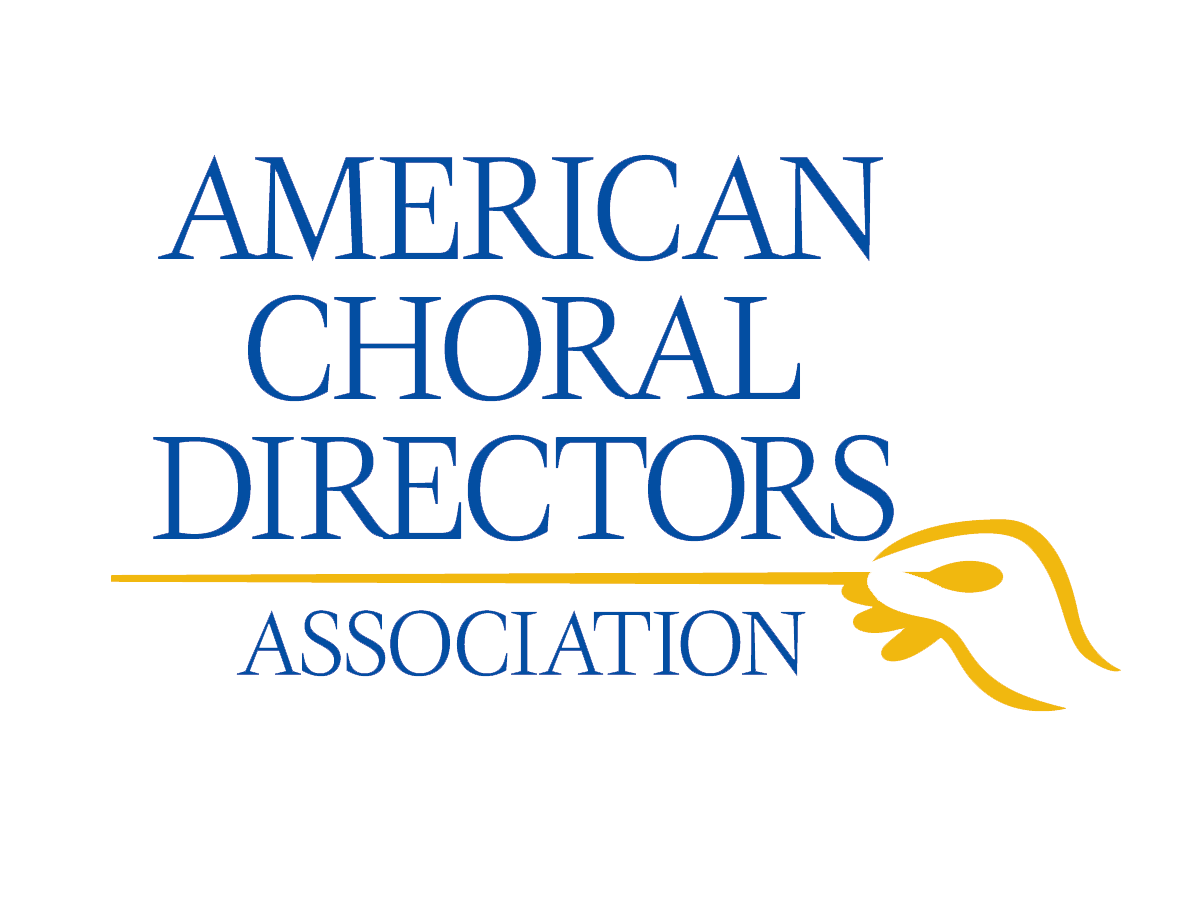Assessment in the large choral ensemble classroom continues to be a widely examined topic
among music education practitioners and scholars. Scholars have dedicated a significant body of
research to identifying and examining the assessment practices of music educators (Denis, 2016; McQuarrie & Sherwin, 2013) However, due to their design, a number of the studies did not thoroughly explore the why and how of music assessment through the voices and experiences of students and teachers (Kotora, 2005; McClung, 1996; McCoy, 1991; Russell & Austin, 2010). This instrumental case study (Stake, 1995) explored perceptions of assessment practices as reported by high school choir students and their choir teacher. Research questions examined participants’ beliefs about assessment, the factors that influenced those beliefs, their experiences with assessment practices, and the challenges of assessing choral music students. Through analysis of multiple types of data collected from various data sources, the findings revealed that the teacher used both musical and nonmusical assessment practices to evaluate student learning. Students perceived all assessment practices, musical and nonmusical, to be in support of what they viewed as the primary goal of the choral program—ensemble achievement. The study identified external and internal influences that directly affected the use of assessment practices at Allen Thomas High School (ATHS), including the choir’s role in the school curriculum and culture.


